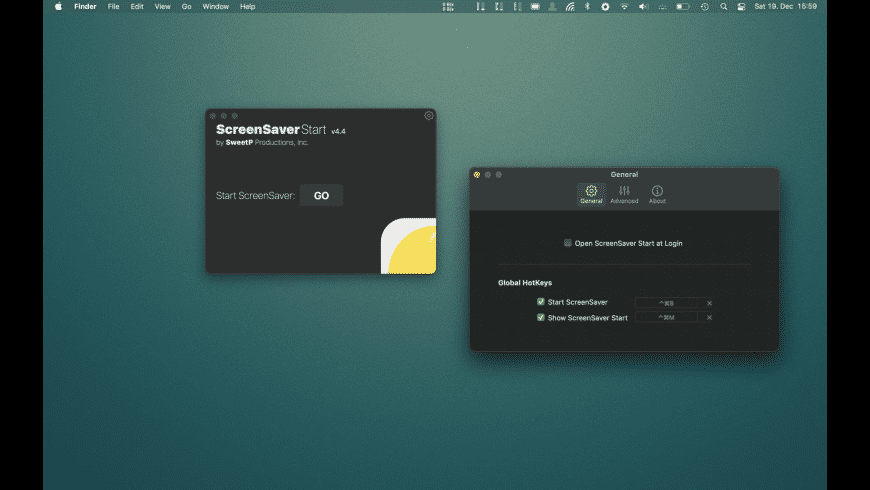A screen saver is a computer program that fills the screen with moving images or patterns when the computer is idle. In another word, a screen saver is an animated image which will be activated on your PC when there is no user activity detected for a certain time. When you start Windows, a Begin Logon dialog box prompts you to press CTRL+ALT+DEL to log on. By default, if you do not press a key for 15 minutes, the Windows logon screen saver (Logon.scr) starts. Change the logon screen saver Click Start, click Run, type regedt32, and click OK. Start ScreenSaver is a small utility that allows you to launch a screensaver at any time by simply double-clicking a desktop shortcut. It also makes it possible to lock your PC instantly, and it.
To turn on or disable screen saver, you have to open the Screen Saver Settings dialog. Windows 10 has buried it where you might not be able to find it. It certainly isn’t in any obvious place, so here we’ll show you 4 ways to open Screen Saver Settings in Windows 10.
Method 1: Open Screen Saver Settings by Right-clicking the Desktop

Right-click on any empty space of your desktop, and select Personalize from the context menu.
When the Settings app launches, select Lock screen on the left side. Click the Screen saver settings link on the right side at the bottom.
Method 2: Open Screen Saver Settings from Run or Command Prompt
Press the Windows key + R to open the Run box. Type the following command and press Enter.control desk.cpl,@screensaver
Or run the above command at the Command Prompt, it will also open Screen Saver Settings dialog in Windows 10.
Method 3: Open Screen Saver Settings Using Windows 10 Search
Click the Cortana Search box at the taskbar. Type in Screen Saver.
Screensaver Start After Greyed Out
Click on “Change screen saver” and it will take you to the Screen Saver Settings right away where you can turn on or off screen saver in Windows 10.
Method 4: Open Screen Saver Settings from Control Panel
Screensaver Will Not Start
Open the Control Panel in Windows 10. You’ll see a Search box in the upper right corner. Type Screen Saver and press Enter.
Click on “Change screen saver” from the search result. This will open the Screen Saver Settings dialog immediately.
Screensaver Startup Windows
Related posts:
Screensaver Starter
